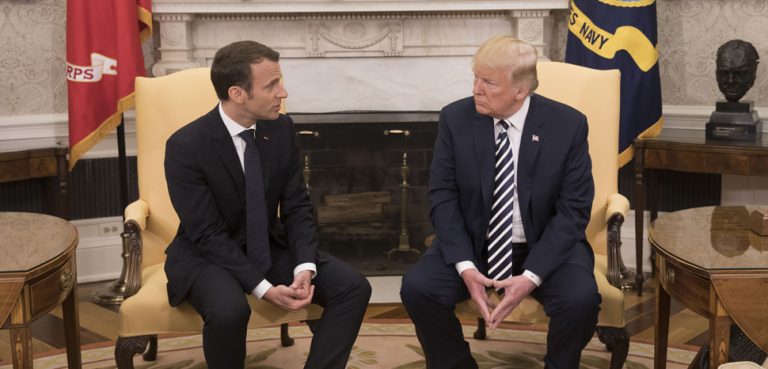The diplomatic spat between the populist coalition government in Rome and the European Commission wasn’t resolved last year. Rather, parties on both sides opted to shelve it ahead of upcoming European Parliament elections in May.
However, recent economic data out of Italy is complicating matters.
The 2018 compromise was based on a 2 percent budget deficit for 2019, down from the originally proposed 2.4 percent. The plan had a little something for everyone. For Rome, its higher spending levels allowed space for the coalition government to make good on its campaign promises. For Brussels, the deal projected the optics of a populist government abiding by the bloc’s budgetary rules.




